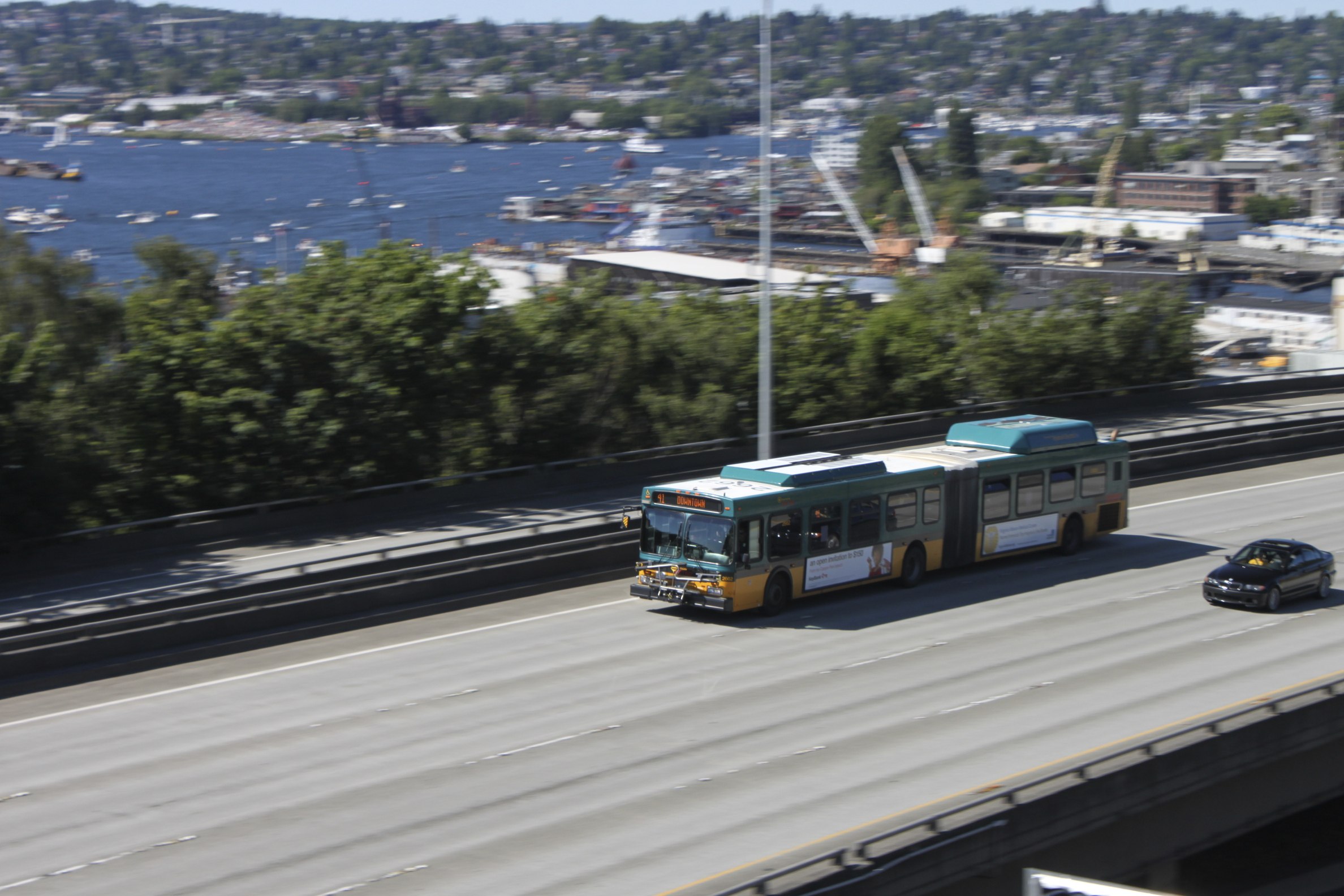
Less driving is possible
Residents of several states and cities have driven fewer miles on average in recent years than they did two decades ago. This decline suggests that Americans’ high levels of driving are not inevitable.
Residents of several states and cities have driven fewer miles on average in recent years than they did two decades ago. This decline suggests that Americans’ high levels of driving are not inevitable.
The myth of the "user fee" has had its day. Gas tax revenues should be spent where they're most needed - not just on roads.
Record gas prices have hit many Americans hard – but when it comes to recouping the massive environmental, health and other costs imposed on society by America’s car dependency, what we pay at the pump doesn’t even scratch the surface.
There are better ways to respond to surging gas prices than creating new incentives for car use – like ending our unhealthy and environmentally disastrous car dependency altogether.
Electric school buses aren’t just good for our environment and our children’s health. When paired with vehicle-to-grid (V2G) technology, they could also play a key role in the nation’s transition to renewable energy.
Associate Director and Senior Policy Analyst, Frontier Group
Policy Analyst, Frontier Group
